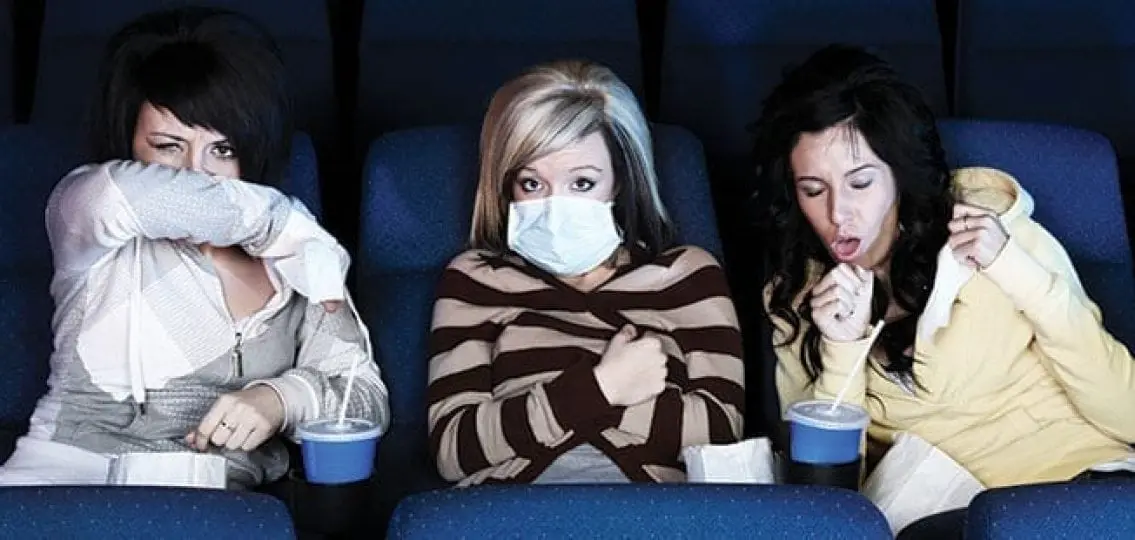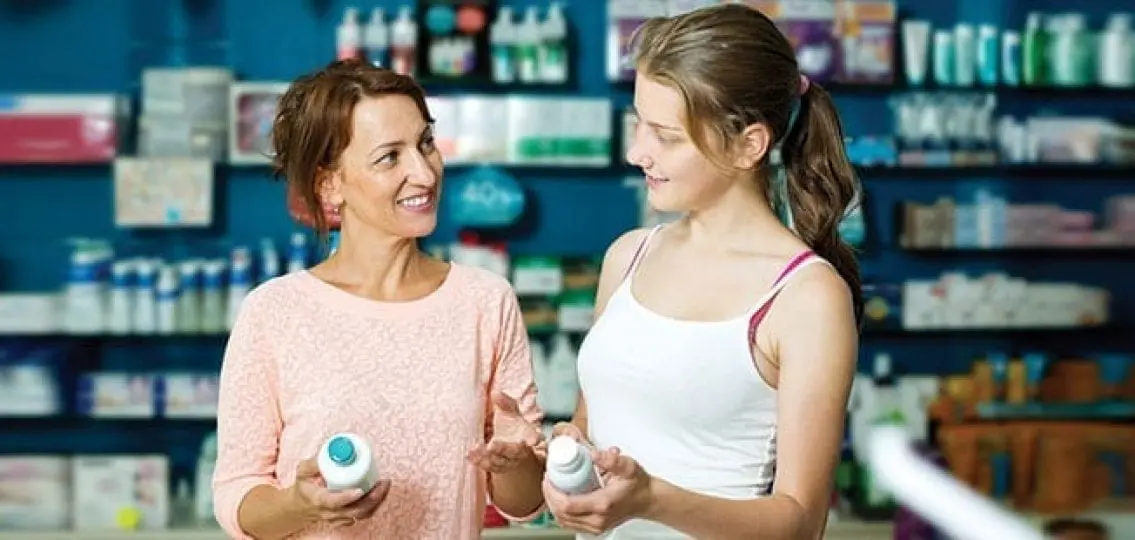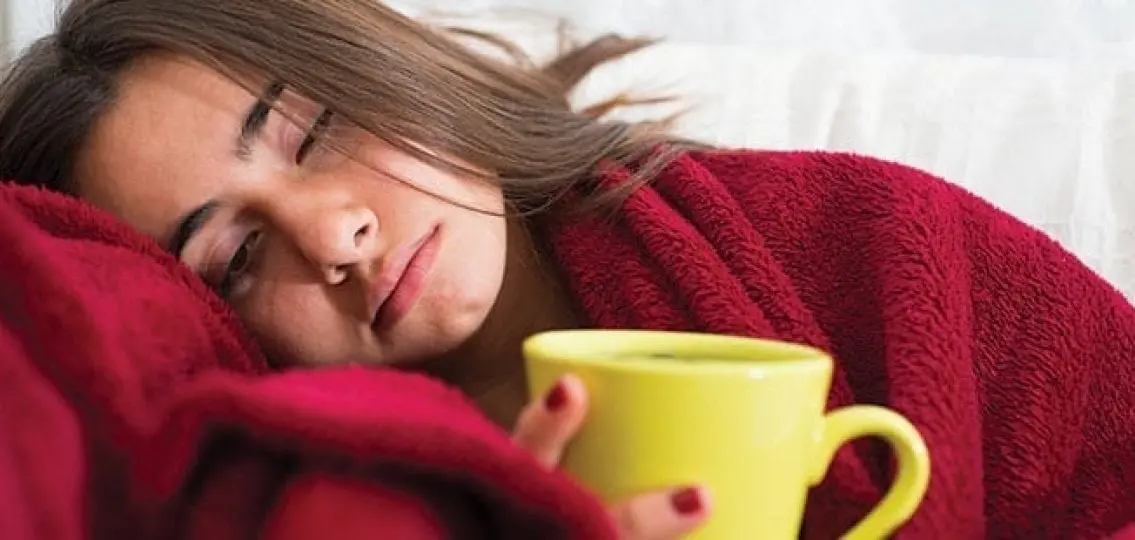Some aspects of being an adult aren’t so great, and taking care of yourself when you get sick is certainly one of them. Before your teenagers leave home, they should feel confident that they know how to take care of themselves.
The very first step, of course, is prevention—getting a flu shot, washing hands frequently, and trying to stay away from sick people. But if you’re worried about your teen being sick in college or otherwise, here is some advice that you can share with your teens so they can take care of themselves.

What to Do When You’re Sick
If you have a cold:
- Blow your nose, and do it frequently.
- Get that phlegm out of your body instead of sniffing it back in.
- Take a hot shower to help clear your sinuses.
- Drink lots of fluids.
- Gargle with warm saltwater to temporarily relieve a sore or scratchy throat.
- Choose non-drowsy daytime cold medicine if you need to stay awake and nighttime versions for when it’s time to sleep. (Warning: Taking non-drowsy medications at night can interfere with sleep.)
If you have the flu:
Symptoms may include fever, cough, runny or stuffy nose, body aches, headache, chills, fatigue, and feeling run down.
- Stay home and avoid contact with others.
- Stay hydrated with water, broth, or sports drinks.
- Wait a full 24 hours after a fever abates to resume your normal schedule.
- Never take aspirin for a viral infection, like flu, as it may trigger Reye’s syndrome (a serious condition that causes swelling of the liver and brain).
If you have a fever:
- Have a thermometer so you can determine whether your temperature is above normal (98.6° F).
- Rest and drink plenty of water.
- Ibuprofen and acetaminophen can lower a fever.
- If you have the chills, a lukewarm shower or bath (NOT an ice-cold bath) can help.
- Warning: Call a doctor if your fever does not respond to medication, if it spikes above 103° F, or if you experience a sudden onset of fever and severe pain when bending your neck forward.
If you have menstrual cramps:
- Exercise may be the last thing you want to do, but it releases endorphins and reduces cramps.
- Hot compresses or an electric heating pad applied to your lower abdomen can bring some relief.
- Avoid alcohol and caffeine, which can be dehydrating and worsen symptoms.
- Ibuprofen or naproxen can lessen uterine muscle contractions as well as leg, back, and muscle pain.

If you have food poisoning:
Eating contaminated or spoiled food can cause food poisoning. The most common symptoms include nausea, vomiting, and diarrhea. Although very uncomfortable, food poisoning usually passes through your system rapidly.
- Sleep is the best remedy.
- Stay well-hydrated to help your body rid itself of the bacteria with water, ice chips, or sports drinks with electrolytes.
- Over-the-counter medications such as Imodium and Pepto-Bismol can help control diarrhea and suppress nausea.
- Stick to bland foods and eat small quantities.
- Avoid dairy products, which can irritate an upset stomach.
- Individuals with severe cases of food poisoning may require hydration with intravenous (IV) fluids at a hospital.
- Warning: Call 911 if you have signs of severe hydration: little or no urine, no tears, sunken eyes, and a dry mouth; fast breathing and heartbeat; dizziness; and lethargy.




